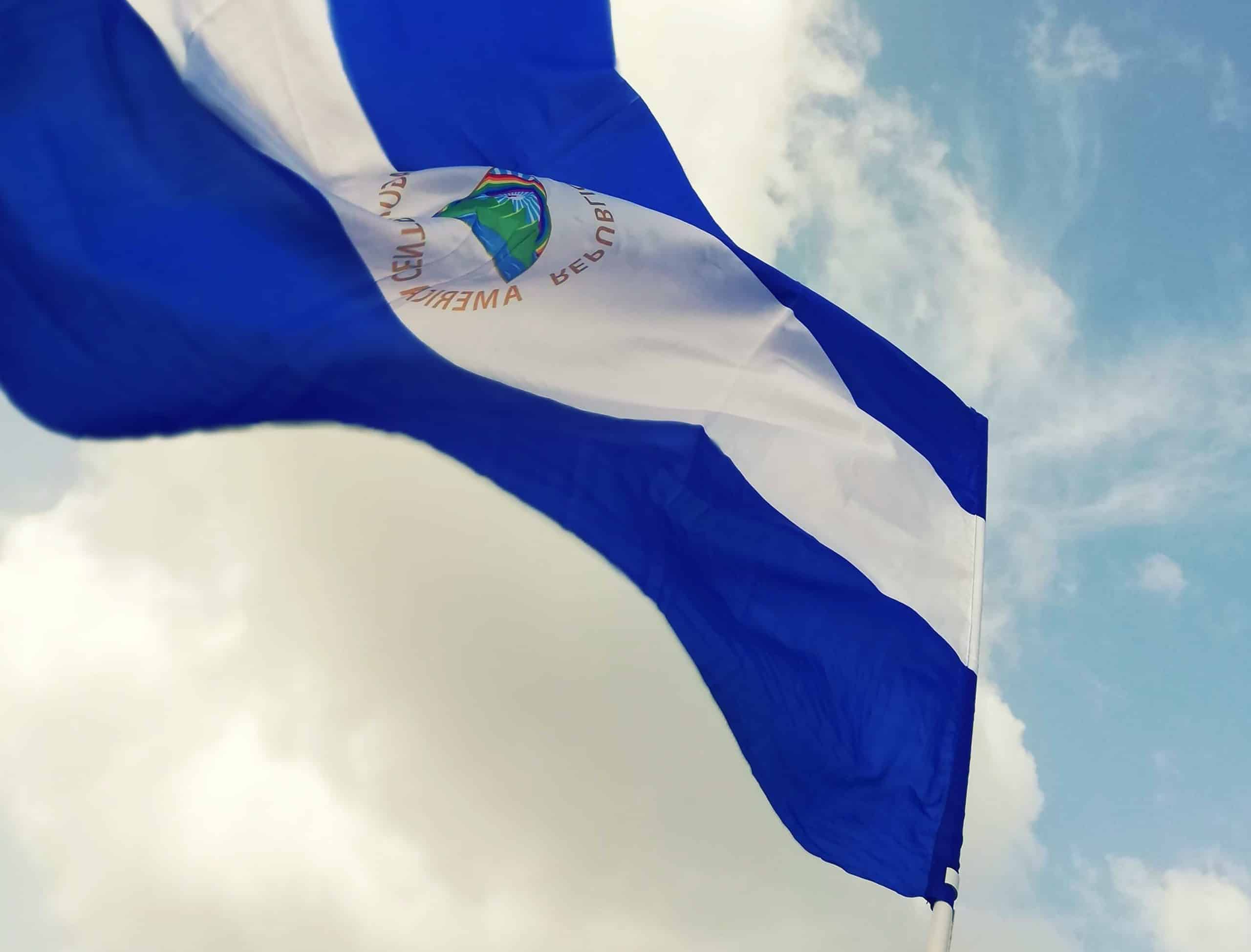Nicaragua’s parliament cancelled Tuesday the legal personality of the Nicaraguan Academy of Language, after 94 years of existence, accused by Daniel Ortega’s government of not registering as a foreign agent.
The chamber, controlled by members sympathetic to the president, banned with the support of 75 of the 91 deputies another 82 NGOs, among them the Enrique Bolaños Foundation, of the former president of the same name (2001-2007), accused of violating the legal system.
Without any debate in the plenary of the chamber, these cancellations were approved by means of a legislative decree presented by Sandinista deputy Filiberto Rodríguez, at the request of the Ministry of the Interior (Migob), the government entity which supervises the NGOs.
Migob alleges that the cancelled entities “have transgressed and failed to comply with their obligations” and have “hindered the control and surveillance” of these entities.
Among the faults pointed out to the cancelled NGOs are those of “failing to comply with the registration as a foreign agent; not reporting their financial reports and not promoting transparency in the use of funds, not knowing the execution of the same and whether they were in accordance with the objectives and purposes for which they were granted legal personality”.
The Academia Nicaragüense de la Lengua (ANL), based in Managua, was created in August 1928, and among its prominent members are the writer Sergio Ramírez and the novelist and poet Gioconda Belli, both based in Spain.
The ANL had rejected the accusations and mentioned that it works “in the revision, amendments and contributions to the new grammar of the Spanish language and the dictionary of the Spanish language”.
The government passed a law at the end of 2020 that obliges civil society organizations and legal entities that receive funds from abroad to register as foreign agents and to account for how they spend the money or how they use the donations they receive.
Cultural Barbarism
Writer and former Vice President Sergio Ramirez, expressed to AFP his “astonishment” at what he called a “cultural barbarism” because “language cannot be commuted”.
Ramirez pointed out that he has received messages from academies all over the continent. The dissolution of the ANL “has raised a wave of astonishment and repudiation” in the world of letters, he said.
“No one can confiscate institutions. I don’t know what the idea is of outlawing the academy. It is a barbaric idea to confiscate research, the work on language,” the author of “Castigo Divino” (1988) and “Margarita, está linda la mar” (1998) told AFP.
“Among the contributions to the language, the ANL has the responsibility to contribute to the different dictionaries of the language, the major dictionary, the Nicaraguanisms; there is a legal dictionary, grammar (…) All this will continue to be done by specialists,” Ramirez warned.
Ramírez, exiled in Spain since 2021 for evading an arrest warrant against him, was taken by the news of the dissolution of the ANL in Guatemala, where he is attending the literary festival Centroamérica Cuenta.
The celebration of this event has been moved out of Nicaragua since the repression of the mass protests of 2018. In 2019 it was held in Costa Rica, while the pandemic forced it to be suspended in 2020 and held virtually in 2021.
With these 83 NGOs, the number of entities cancelled by the Ortega government since 2018 increases to more than 300, in the context of the crisis triggered by the anti-government protests that left a toll of more than 355 dead and thousands of exiles, according to the Inter-American Commission on Human Rights (IACHR).
The government accuses the outlawed NGOs of using the funds received to attempt a coup d’état with U.S. support.
The 76-year-old president, who was a member of the first Sandinista government junta in 1979 and later served as president from 1985 to 1990, returned to power in 2007, where he remains after winning a fourth consecutive term in the November elections, with his rivals in jail.






